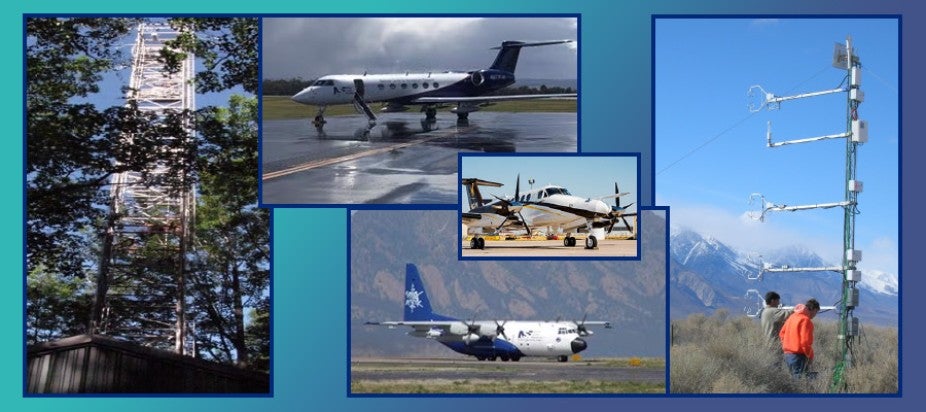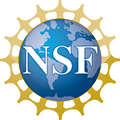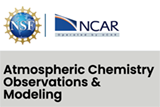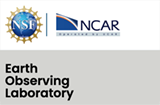Emerging Observational Needs in Atmospheric Chemistry Workshop

11:17 – 11:17 am MDT
Workshop Schedule
Monday, June 16 9 am to 5 pm
Tuesday, June 17 9 am to 5 pm
Optional: Wednesday, June 18 NSF/NCAR EOL Research Aviation Facility Tour (RAF) 10:30 am- 12 noon (please note interest in registration, space limited, no transportation provided)
Poster Session and Networking Event: Monday, June 16 5:00 pm to 7:30 pm
Workshop Venue
UCAR Center Green (CG1) Auditorium
3080 Center Green Dr.
Boulder, CO 80301
Workshop Objective
To better serve the atmospheric chemistry community, the National Science Foundation will sponsor a workshop on emerging observational needs in the atmospheric chemistry community. This two-day workshop will bring together scientists supported by the NSF Division of Atmospheric and Geospace Sciences (AGS) Atmospheric Chemistry (ATC) program with scientists and staff that support the NSF Lower Atmosphere Observing Facilities (LAOF) and Community Instruments and Facilities (CIF). The first day is optional. For those who feel up to date with their knowledge about LAOF, CIF, NSF NCAR EOL (Earth Observing Laboratory), and NSF NCAR ACOM (Atmospheric Chemistry and Modeling) facilities and how processes work, they will only attend the second day. Please note, event organizers encourage anyone who wants to attend this workshop to use the travel support application form in the black box above. We intend to support as many participants as the budget allows.
Workshop Themes
- Current and future status (5 yr) of Lower Atmosphere Observational Facilities (LAOF) - aircraft:
NCAR GV and C130, and the Wyoming King Air - Current and future status (5 yr) of laboratory Community Instrument Facilities (CIF):
Storm Peak Laboratory (SPL) (University of Utah), Pi Convection-Cloud Chamber (Michigan Tech University), Ice Nucleation Code Stage freezing assay (NC State CS) (North Carolina State)
What are the emerging needs for CIF? - Lower Atmosphere Observational Facilities - Airborne Instrumentation:
Gas phase and aerosol measurements and instrumentation including inlets
Current status – are requestable instruments meeting the present community needs?
Future Status – what new facility provided instrumentation will be needed to 1) provide basic support for community airborne field programs; and 2) answer outstanding questions in atmospheric chemistry? - University led instrumentation purchases and developments
- Custom developments and partnerships with private industry
- Emerging new certification requirements and paths forward to meet these
- Holistic considerations of community wide assets
- Further themes are to 1) Improve communication and knowledge about atmospheric chemistry research activities being conducted by PIs and scientists supported by the NSF-Atmospheric Chemistry Program (ATC) and at NSF supported facilities; 2) Encourage new and continued collaboration between ATC-supported PIs and scientists at NSF supported facilities.
Steering Committee
Co-chairs
Eric Apel (NSF NCAR)
Becky Alexander (UW)
Joel Thornton (UW)
Members
Steve Brown (NOAA)
Allen Goldstein (UC Berkeley)
Steve Wofsy (Harvard)
Kristie Boering (UC Berkeley)
Ron Cohen (UC Berkeley)
Armin Sorooshian (Arizona)
Patrick Veres (NSF NCAR)
Kelley Barsanti (NSF NCAR)
Sam Hall (NSF NCAR)
Contact Information
If you have logistical questions, please contact Jessica Martinez. For other questions please contact Eric Apel.




